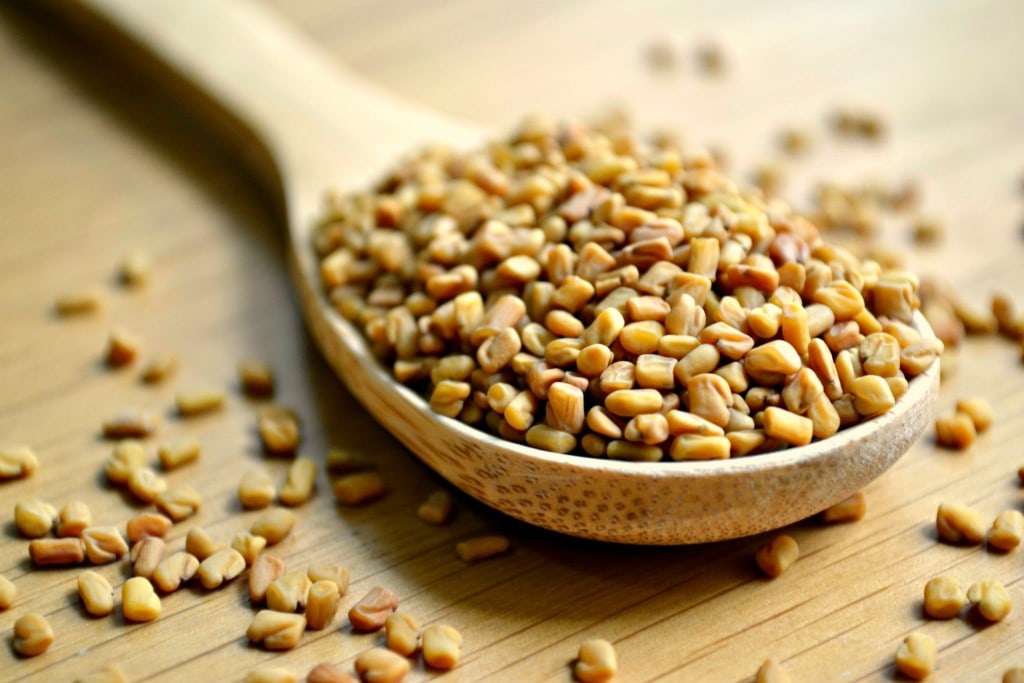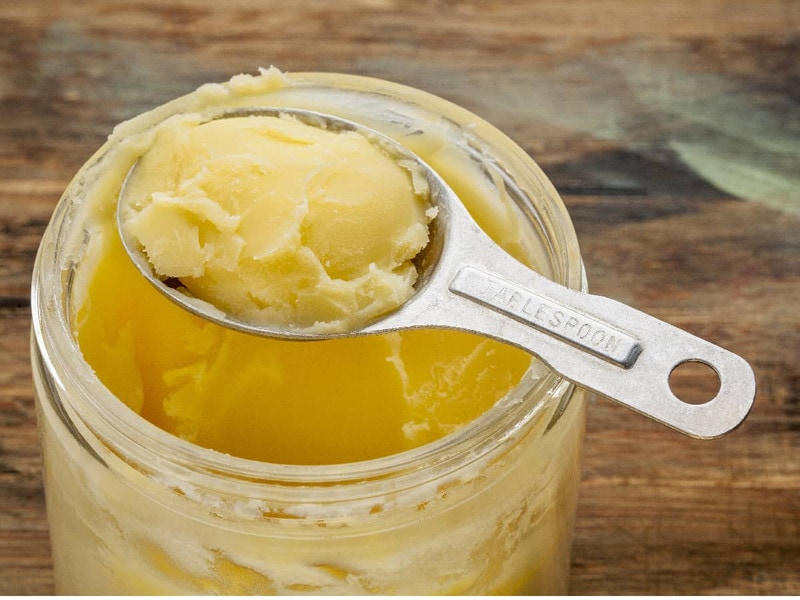What are fenugreek seeds?
Fenugreek is considered one of the oldest medicinal plants, and its health-promoting properties have been cited in Traditional Chinese Medicine and Ayurvedic Medicine. This interesting herb is native to the Mediterranean region, North Africa and India, however, today spread to the rest of the world. Fenugreek seeds are particularly popular and commonly used in kitchens throughout India. Both seeds and leaves have been used throughout history either as a cooking spice or as an herbal medicine.
In ancient Rome, Greece and Egypt, it was used to cook and spice many dishes, but also as a medicinal treatment for stomach problems among other health issues. In India, as part of the Ayurvedic tradition, this was a herb of rejuvenation, an aphrodisiac and an overall cure. In China, fenugreek has been traditionally used for a number of diseases such as kidney or liver ailments, and male and female hormonal imbalances.
Fenugreek seeds are a great source or protein, ascorbic acid, niacin and volatile oils. If you drink this tea, you will be ingesting vitamins A, B-complex, C and D, and other components such as calcium, iron, lysine, magnesium, phosphorus, potassium, selenium, sodium, zinc, and along with these, it is a tea rich in alkaloids, mucilage, and estrogen-like steroidal saponins. 26 percent of the seed’s content is made up of galactomannan, a polysaccharide and soluble fiber that plays a role in lowering glucose uptake.
Benefits of fenugreek seeds
- Reduce Blood Sugar
- Aid Digestion
- Increase Breast Milk Production
- Improve Blood Cholesterol Levels
- Can Improve Exercise Performance and Stamina
- Reduce Inflammation
- Boost Brain Function
- Enhance Male Sexual Health
- Offer Respiratory Relief
Digestion Support
If you often suffer from indigestion and/or intestinal problems, then this may be the tea for you.
It is comforting and helps you to have a proper digestion, so drinking it on a regular basis may bring relief to such symptoms as ulcers, flatulence and many others. Fenugreek offers you both protection and relief by coating the lining of your stomach and intestines.
For constipation, fenugreek tea acts as a laxative, whereas for diarrhea it clears away the toxins that are causing the disorder. So you are looking at a tea that can regulate your bowel movements.
This is why fenugreek seed tea is one of the natural remedies we use during the Fall Restart 10-day Detox Program.
Fenugreek tea recipe
Ingredients:
2 Tbsp. fenugreek seeds
5 cups of water
Directions:
- Heat the water with the fenugreek seeds and let it boil.
- Cook for 5 minutes.
- Remove from heat and let the fenugreek seeds sit in the hot water for 10 minutes.
- Strain the tea and discard the seeds.
Risk and side effects
You should not take this tea if:
You are pregnant, it causes your uterus to contract and may endanger your pregnancy.
You allergic to peanuts. Fenugreek belongs to the penouts family, so you might suffer a similar allergic reaction.
You are already taking medicine to lower your sugar level or cholesterol.




